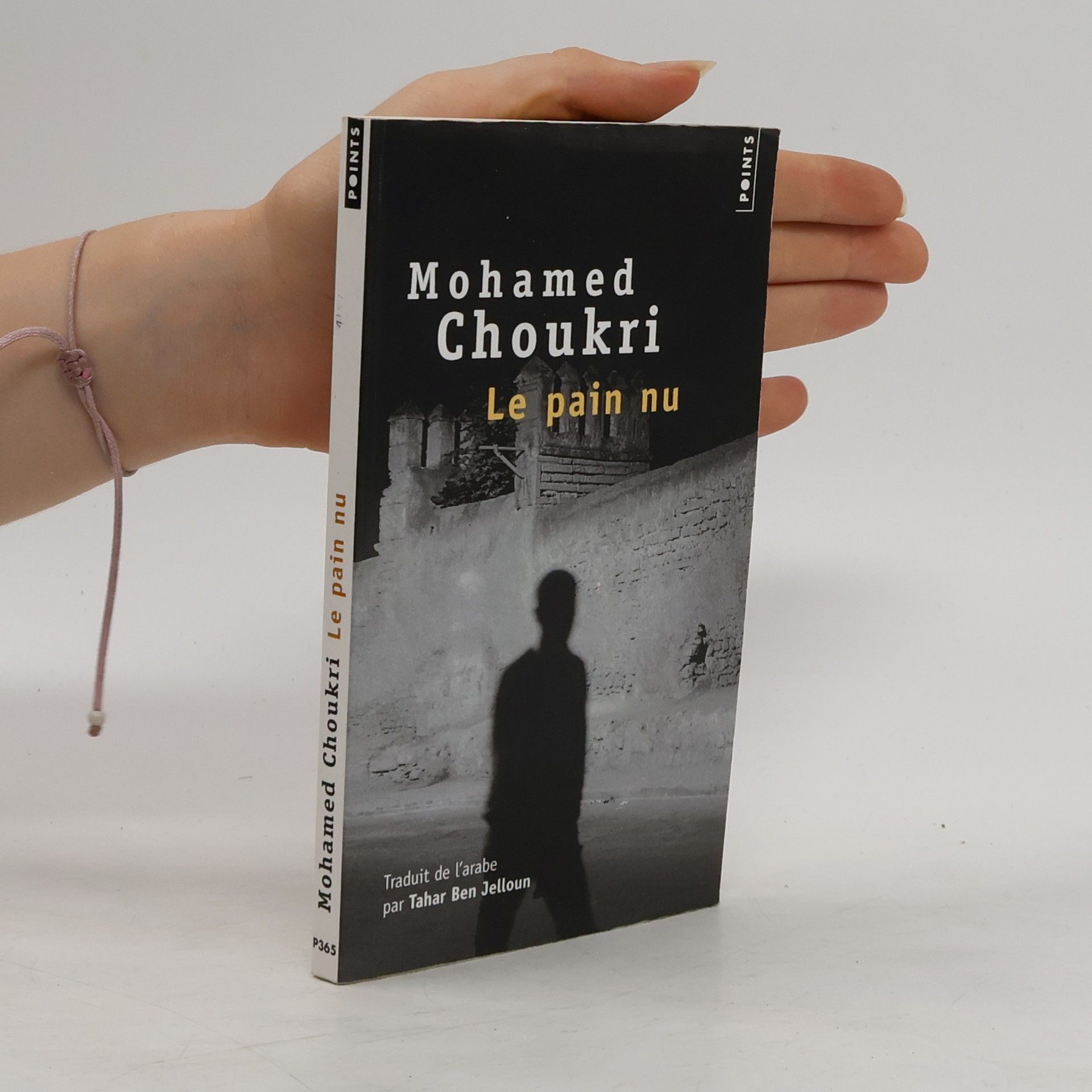Actes et mémoires du peuple: Le Pain nu
Récit autobiographique - traduit de l'arabe par Tahar Ben Jelloun
- 156pages
- 6 heures de lecture
Dans le Maroc des années 1940, Mohamed assiste terrorisé au meurtre de son frère par son propre père. Fuyant le "monstre", il erre dans les bas-fonds de Tanger, côtoie la famine et la délinquance. De ces nuits à la belle étoile, il gardera le goût du sexe et l’amertume de la prison. La vérité crue et l’audace littéraire de Mohamed Choukri ont fait de cette autobiographie une oeuvre culte.



